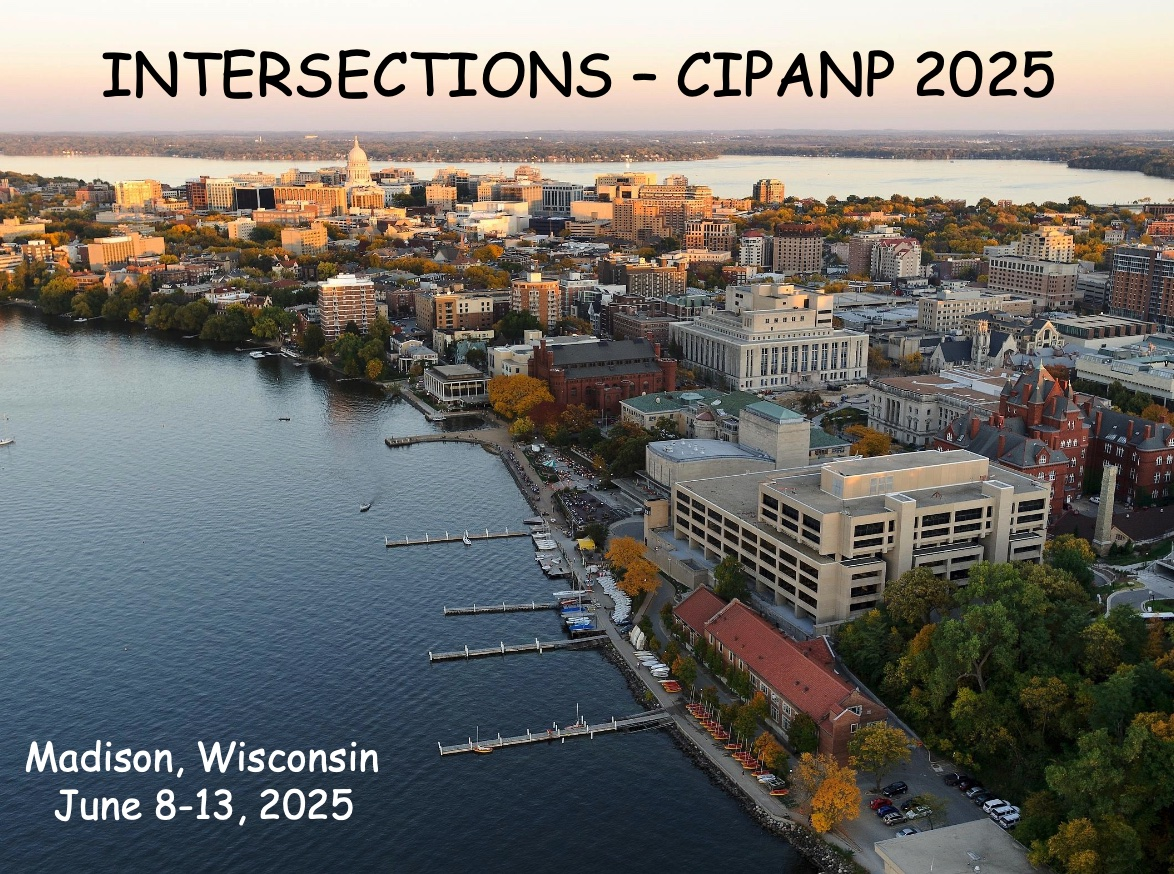Speaker
Mehr Nisa
(Michigan State University)
Description
Astrophysical neutrinos offer a unique window into the most distant and energetic environments in the universe. With an energy scale spanning TeV—PeV, and cosmological baselines, they allow us to probe a parameter space not easily accessible to colliders. The IceCube Neutrino Observatory in Antarctica has been detecting a steady flux of astrophysical neutrinos — in addition to the atmospheric neutrinos produced in cosmic-ray interactions — for nearly 15 years. I will present highlights from IceCube's recent particle physics results, focusing on searches for physics beyond the standard model, dark matter and non-standard neutrino oscillations.
Primary author
Mehr Nisa
(Michigan State University)

